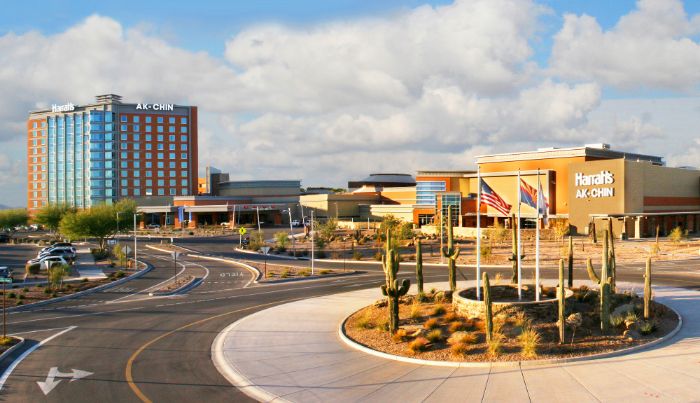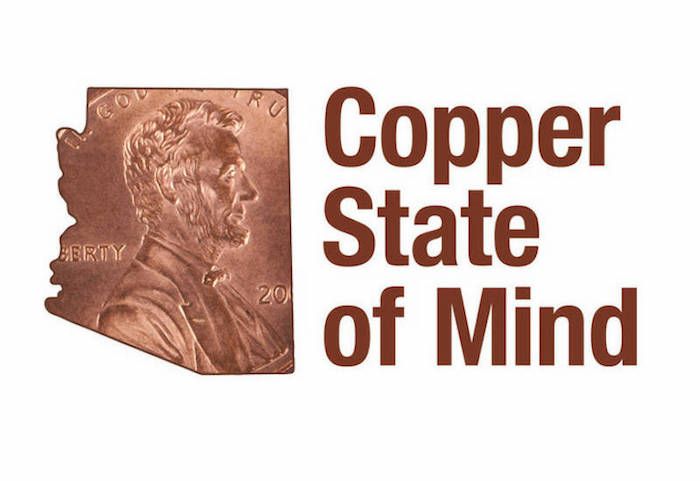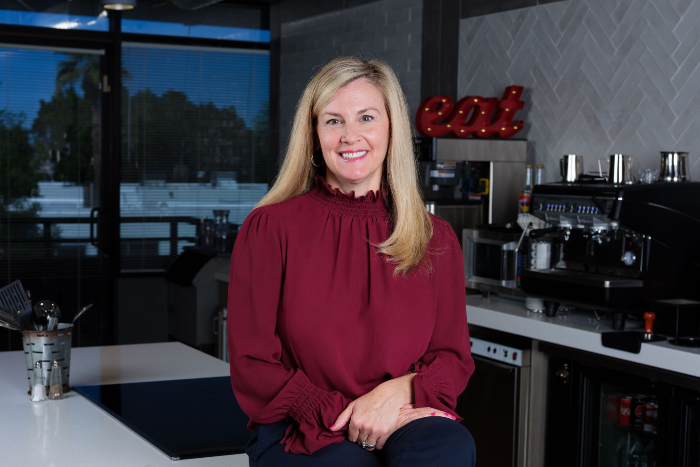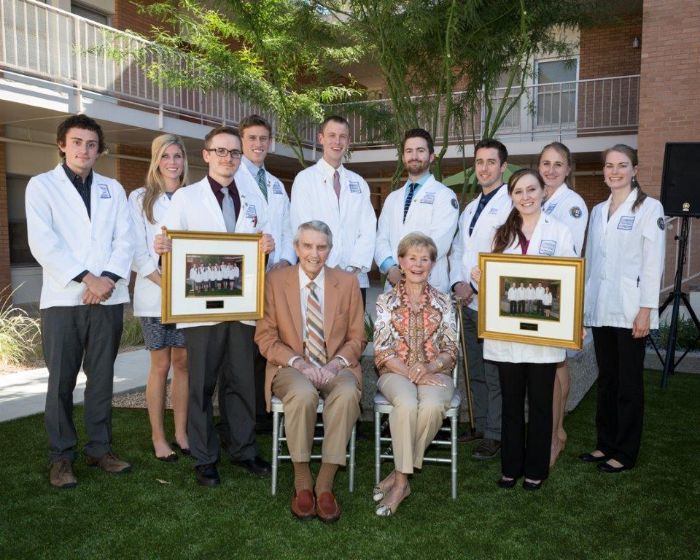
One day, when I led an in-house agency for The Charlotte Observer, the publisher decided the newspaper needed a new slogan. There was only one problem: enduring slogans were often invented by agencies and The Observer was too cheap for that.
So I bought coffee and doughnuts and gathered my staff of creative artists and writers into a conference room for a brainstorming session. You never knew where one of these wandering pursuits of excellence would lead, but one thing was certain: No one could leave until we came up with a new slogan – disastrous as it might turn out.
So began a two-hour session that produced nothing of note, until one employee in the back of the room muttered the immortal words: “The Charlotte Observer: It Rubs Off on You.” There was stunned silence in the room. Then it hit us all at once. You could see the smiles of realization open up across the room in one big wave. We were tired and if we voted yes on this slogan, we could all go home and drink beer.
For the stunning debut of our new slogan our designers produced full-page ads about how wonderful our award-winning reporters were and about how no one in their right mind would leave the house each morning before digesting every page of the daily product that we so proudly produced and placed carefully at their front doors.
At the bottom we added our new slogan. But the designers weren’t satisfied with just words. They liked pictures. So in case our readers didn’t pick up the double-meaning of this brilliant slogan, they added a little thumbprint next to the words and had a little smear mark of ink trailing off to the right.
Oh we were good, weren’t we? Brilliant, we presumed. We scheduled a couple of ads in the morning paper and let these babies fly. The next morning I cruised with confidence to my desk and – whoa – what was this? A note to come see the publisher and editor immediately.
They hated it. As did the production manager who was so proud of his new press that supposedly had less ink-rub-off than the previous model (it didn’t). As did the circulation manager who wanted our campaign to sell more papers (it wouldn’t). There was an emergency meeting of all the newspaper powers that day and after a heated session, the publisher cast the deciding vote: (inky) thumbs down.
The ad campaign was dead. Our faces were red. Our hearts were crushed, but our directive was the same: Come up with a slogan, stupid. So we met again, came up with something innocuous that pleased all and remains wonderfully forgettable to this day. Unfortunately, the other one lived long after.
In fact, the newsroom got the last word (it always does). Eight months later, on New Years Eve, in the paper’s annual retrospective of “The Best and Worst of Charlotte” we won special recognition. Our rub-off slogan was awarded worst advertising campaign of the year.
A few years later, I picked up a newspaper here in Atlanta and saw it proudly boasting a new slogan: It Rubs Off on Your Mind, Not on Your Hands. I wondered if they paid an advertising agency a lot of money to come up with it. And if their publisher saw it before it went out.









